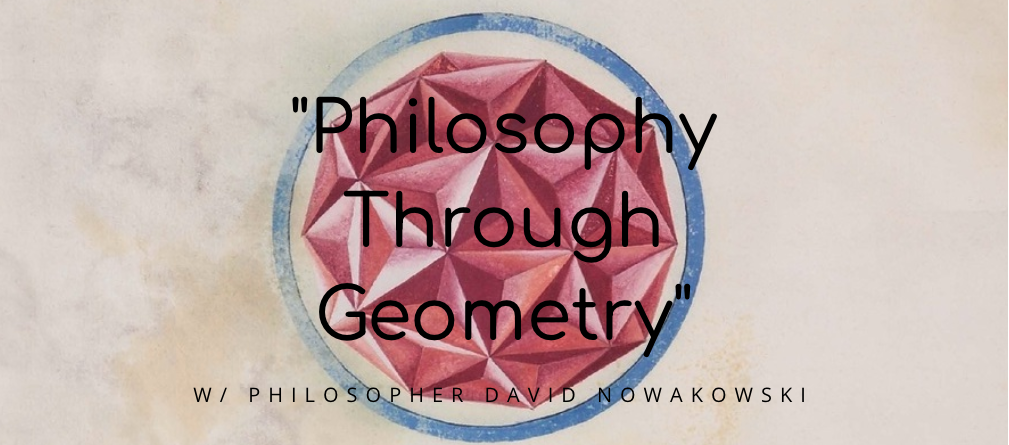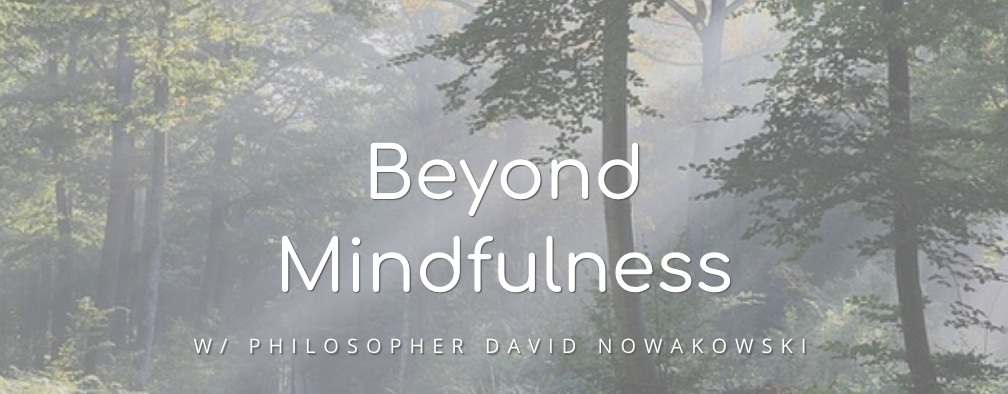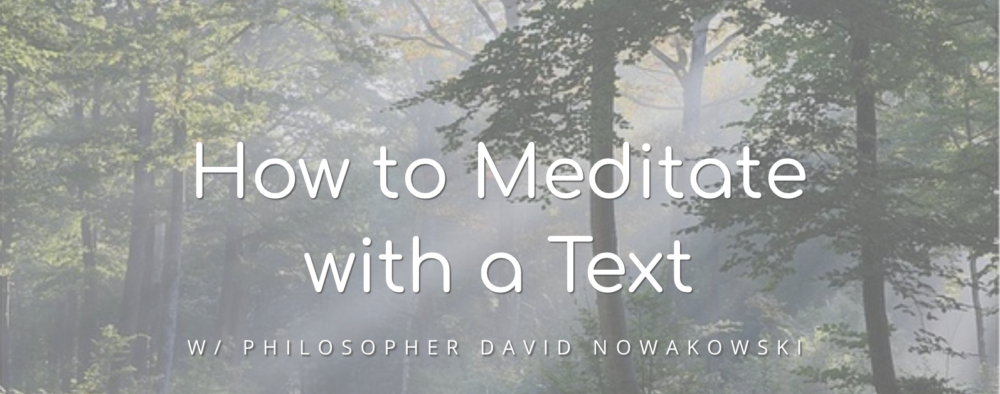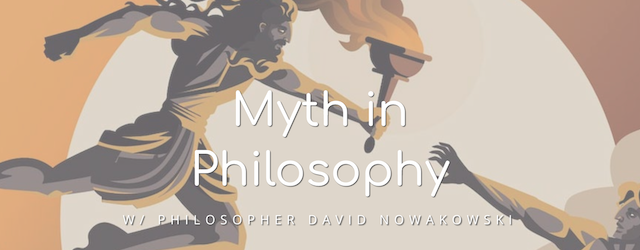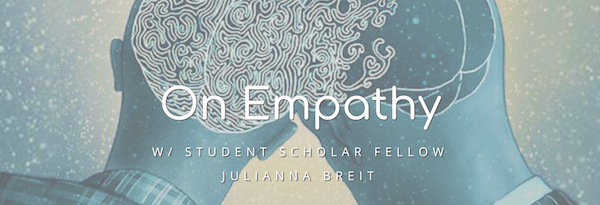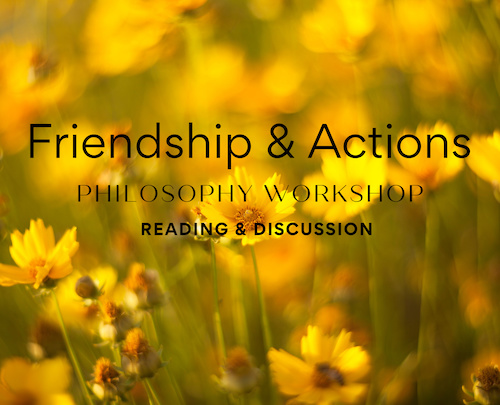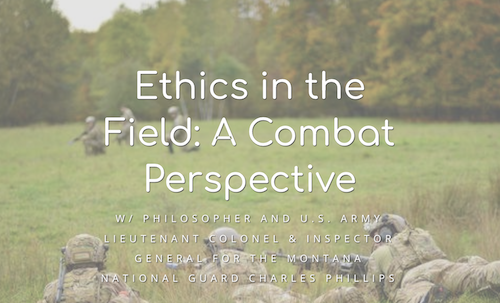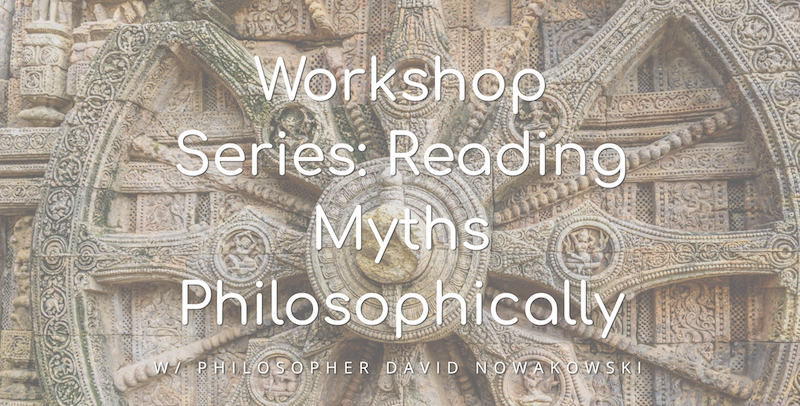Class Series: Philosophy Through Geometry
Reeder's Alley Interpretive & Convention Center 101 Reeder's Alley, Helena, MT, United StatesAncient authors tell us that, at the door to Plato’s Academy, there was a sign which read “Let no one who does not geometrize enter here.” Regardless of the literal truth of that story, the practice of geometry clearly held an important place in the Academy, and in the ancient Greek philosophical tradition more generally. Over the course of four weeks together, we’ll explore some of the reasons why. This exploration will combine hands-on, practical, collaborative work in doing geometry, with philosophical reading and reflection on what we’re doing, and why it matters. This is not a "math class." Each and every week, we’ll combine four different elements: Practical exercises in geometry, short readings from the dialogues of Plato, ideas drawn from other ancient philosophers like Aristotle, Euclid, Iamblichus, and Proclus, and lively & active conversation and collaboration, as a community of learners, exploring together the interplay of these philosophical and geometrical themes. Learn more and register here!

